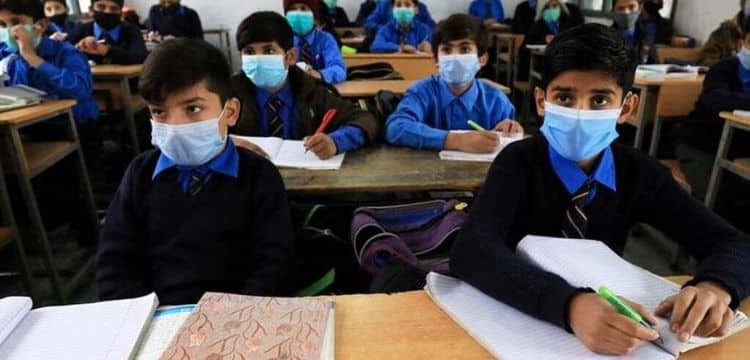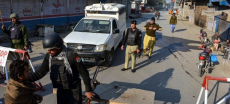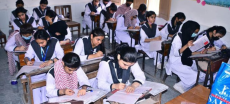[vc_row][vc_column][vc_column_text dp_text_size=”size-4″]The Senate Functional Committee on Devolution received information indicating that the current expenditure on education accounts for only 1.77 percent of the total GDP. This falls short of the manifesto’s education target of 5 percent and a research target of 1 percent.
The committee, chaired by Mushtaq Ahmed, convened to discuss the delegation of powers, emphasizing the transfer of functions and facilities to the Provincial Government, with a specific focus on the education sector.
Chairman Mushtaq Ahmed, during the session, reiterated the committee’s dedication to redirecting state resources towards engaging the youth in activities that secure Pakistan’s future. He stressed the importance of prioritizing initiatives like youth education and employment over counter-terrorism investments, as they serve as effective measures against terrorism.
The Higher Education Commission (HEC) Chairman delivered a comprehensive briefing on the transfer of powers to the provinces, particularly addressing the posting and transfer of vice-chancellors of universities under the 18th Amendment.
Also Read: Senate Committee Probes Imports Of Olive Plants
The committee learned that 42 universities in Pakistan currently operate with acting vice-chancellors. Administrative procedures for appointments in Islamabad involve a search committee appointed by the President of Pakistan, while provincially chartered Higher Education Institutions (HEIs) fall under the governance of their respective provinces’ Higher Education Departments.
Concerns were raised by HEC officials regarding the potential hindrance to education access for the underprivileged due to the privatization of educational institutions. The committee chairman expressed disappointment over the increasing recruitment in universities, accompanied by a decline in education quality. It was noted that universities are offering courses with limited employment prospects.
Senator Taj Haider inquired about the GDP allocation for education, revealing that the current spending is only 1.77 percent of the total GDP, falling short of the manifesto’s target of 5 percent for education and 1 percent for research.
The committee chairman criticized the government’s perception of education spending as a loss, drawing attention to substantial payments to Independent Power Producers (IPPs). He highlighted the significant disparity in funds allocated for capacity charges to IPPs compared to the budget for Higher Education Commissions.
Additionally, the committee decided to establish a sub-committee to investigate the actual situation regarding federally owned sports facilities in the provinces.[/vc_column_text][/vc_column][/vc_row]











